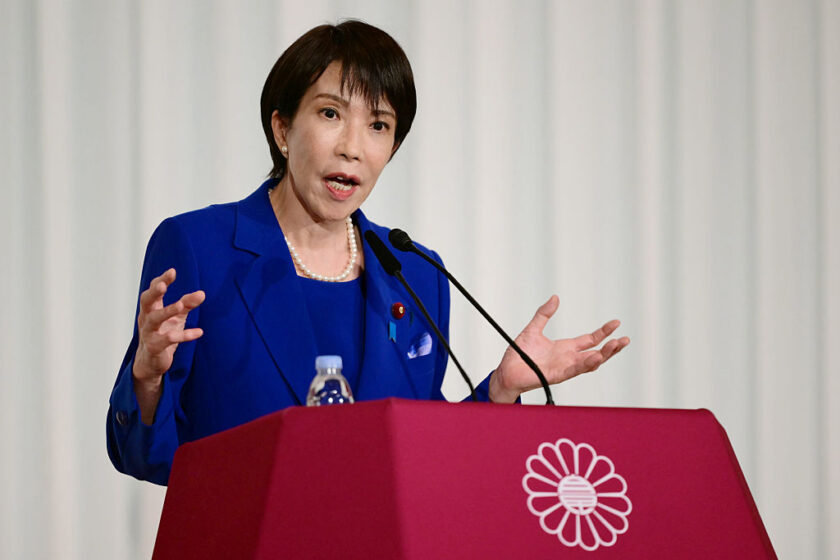Islamabad: Pakistan’s financial struggles have come under scrutiny as the International Monetary Fund (IMF) raises doubts about the country’s capacity to repay its debts. A recent report from the IMF highlights significant challenges facing Pakistan’s economy, indicating that the nation’s ability to repay the IMF remains uncertain.

A support team from the IMF has arrived in Islamabad to discuss potential bailout options. Pakistan has requested assistance under the Extended Fund Facility (EFF) as it grapples with mounting debt and economic instability.
The IMF’s assessment emphasizes the risks associated with delayed reforms, high levels of public debt, and the country’s dependence on external financing. These factors, coupled with geopolitical tensions and global financial uncertainties, pose serious threats to Pakistan’s economic recovery.

According to the IMF report, Pakistan will require substantial financing over the next five years, with estimates reaching USD 123 billion. The country’s financing needs are projected to increase annually, highlighting the urgency of addressing its economic challenges.
In response to Pakistan’s request for a new bailout package, discussions between the IMF support team and Pakistani officials are underway. The IMF team will review financial data and collaborate with the government to develop a plan for the upcoming fiscal year.
In addition to seeking assistance from the IMF, Pakistan plans to renegotiate debt rollovers with key allies, including China, Saudi Arabia, and the UAE. The government aims to secure additional financing to bridge the external financing gap and stabilize the economy.
Despite efforts to address its economic woes, Pakistan continues to face significant hurdles, including a high fiscal deficit and stagnant growth. However, with the support of international partners and ongoing reforms, the country remains hopeful for a brighter economic future.









